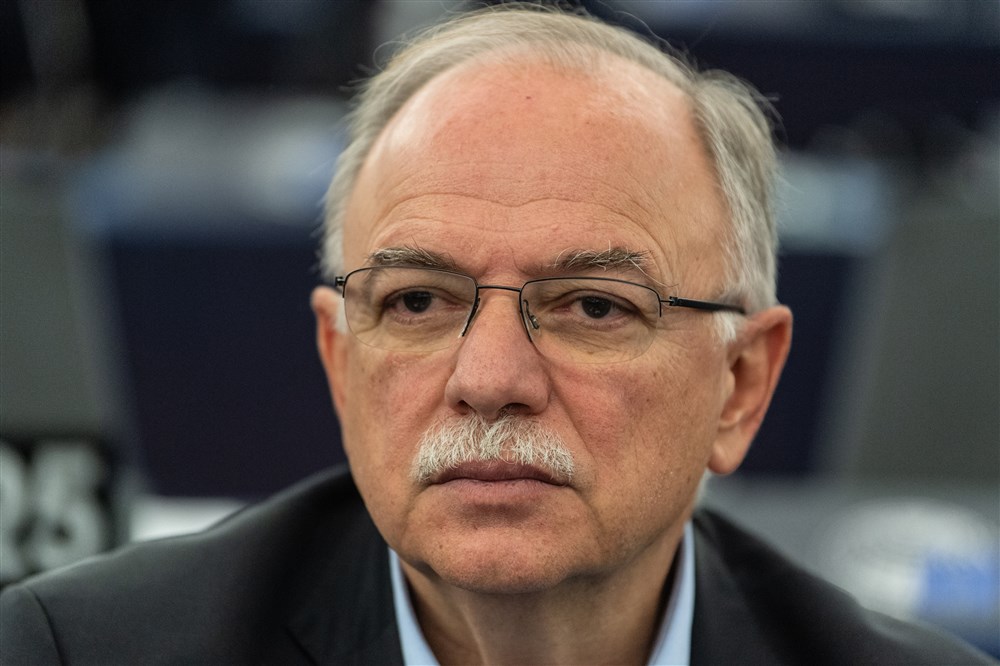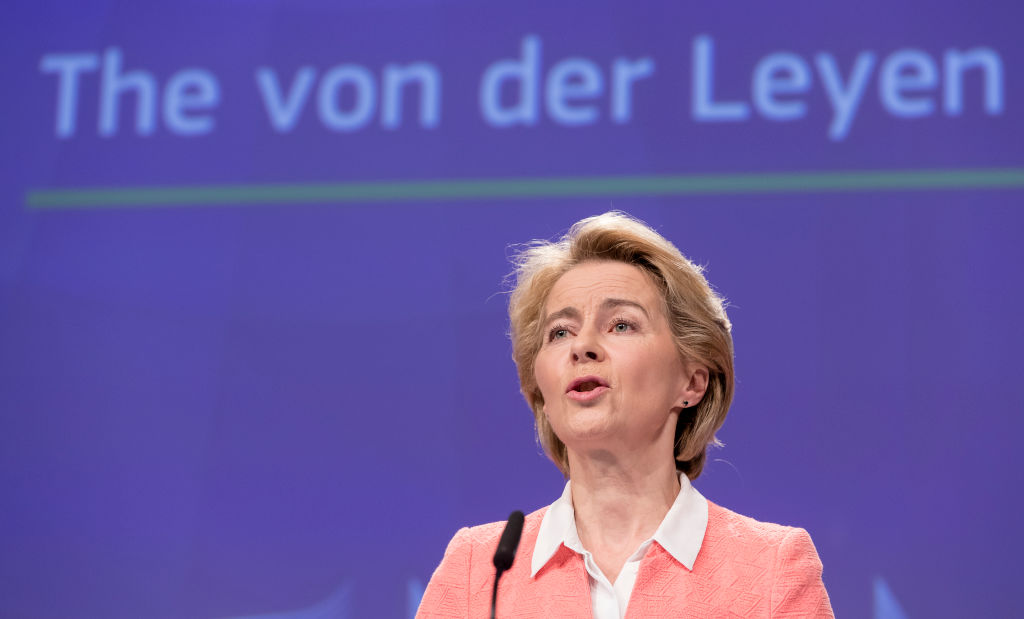After 15 months of considering the EU’s management of the Covid-19 pandemic, an EU Parliament special committee has released its 56-page report. Those hoping for a candid discussion about how lockdown policies were implemented across the bloc are going to be disappointed.
In March 2022, the EU parliament established a “Special Committee on the COVID-19 pandemic: lessons learned and recommendations for the future”. It was tasked with evaluating “the impact on health systems and the vaccination campaign, but also the broader socio-economic impact, the impact on the rule of law and democracy, and the international response to the pandemic.”
The report does address some of the more palatable controversies about which there is now general agreement in public discourse: it recognises the “devastating” impact on cancer patients caused by delays and lack of diagnoses; it acknowledges “that in future pandemics, schools and other education facilities should remain open.”
But when it comes to lockdowns — the biggest, most impactful and most controversial measure taken; previously unknown and considered anathema to liberal democracies — that appears to be a reckoning too far for the committee. During a June 13 press conference in Strasbourg about the report, when questions were opened to the floor a Belgian freelance journalist attempted to address the elephant in the room:
“During the crisis we saw widely varying approaches across member states — look at the measures taken in Sweden, compare that to Spain and the Netherlands. This report did not look at or consider the impact of those different approaches across member states — why didn’t you compare and draw lessons for the future?”
The reply from Dolors Montserrat, the committee’s key rapporteur, cited how the report dealt with the “different approaches” taken by member states over Covid passports, parliaments remaining open, school closures, the use of digitalisation — while entirely avoiding the actual question.
When committee chair Kathleen Van Brempt replied to the query, she said it was not the committee’s remit to look into “every detail”, noting that most countries have established “their own national committees in their parliaments to assess how their countries dealt with the pandemic”.
That is true, as is the fact that it was national governments who implemented lockdowns. But the EU provided risk assessments, coordinated and pushed policies limiting travel, enforcing digital passports, and more — the EU establishment swung wholeheartedly behind the majority of national governments in limiting and controlling freedom of movement on a scale unknown in Europe outside of war time.
As if by way of making up for the committee not addressing the rationale of lockdown policies, Van Brempt highlighted how the committee went beyond its original remit in making particular recommendations regarding the mental health of young people impacted by lockdowns.
The cognitive dissonance here is striking — while increasingly familiar when it comes to the approaches taken by governments and organisations in analysing their responses to Covid. For the single measure that had the most damaging impact on young people and their mental and physical health was lockdown itself: being separated from friends and peers, losing incredibly formative years of their lives and education, and being immersed in social media as the primary outlet for their stymied energies and brains. This is not to mention an “observable rise in online abuse”, which the report at least acknowledges.
Similarly, the report talks about “gender-based violence” increasing due to lockdowns — but leaves it at that. Nothing about that root context. We still can’t go there it appears, at least not in the EU’s political institutions.
Van Brempt was more sincere when it came to another journalist’s query about the committee failing to address concerns about European Commission President Ursula von der Leyen’s role in vaccine procurement and her dealings with Pfizer’s chief executive. Van Brempt said that the failure of both the Pfizer CEO and the Commission’s president to appear before the committee was problematic as the committee had wanted questions to be “dealt with at the highest level”. As a result, she added, it is “important that the Commission president appear in front of the European parliament” to “ensure accountability”.
But the committee itself was always going to fail to provide accountability when you look at the “list of entities or persons from whom the rapporteur has received input” for the report. The list mirrors the same problem identified with the Covid inquiry just getting started in the UK:
“There are no obvious potential lockdown critics among the inquiry’s ‘core participants’, who are drawn mainly from Covid support networks, special-interest groups, trade unions, health and governmental authorities,” Madeline Grant writes in the Daily Telegraph. She also raises whether “any attention will be given to the media – especially the broadcast media – and their complicity in pushing for the suspension of liberties and creating a wider climate of sensationalism?”
No such attention is given in the committee’s report, despite its proclamations to tackle the need to “protect democracy and fundamental rights”, which so much of the mainstream media failed to do during the pandemic.
There is much in the report that many disgruntled EU citizens will disagree with. The report is riddled with jargon, myopic narratives, inconsistencies and strange connections. It makes a link between climate change and the risk of future pandemics, while not containing one mention— literally — of China, despite increasing evidence that Covid-19 leaked from a Chinese lab during so-called gain-of-function experiments.
The report also adopts an unsettling silver-lining-to-every-cloud approach at times, talking of how Covid “acted as a catalyst to speed up transformations on the path to the digital and green transitions, and to pay deeper attention to health”. It pays lip service to that major issue deeply connected to those lockdowns it dare not analyse — how civil liberties and personal freedoms were trampled on in the name of protecting health. Indeed, throughout both the report and the press conference, the “health” of Europe’s “citizens” is wielded as the all-consuming mantra.
While such banal rhetoric doesn’t immediately impact one’s health, it leaves a deeply unsettling sensation that despite 15 months of committee analysis — not to mention more than three years of experience since those first lockdowns early in 2020, including increasing evidence to the contrary of what authorities proclaimed and did — so little has been learned or has changed.






